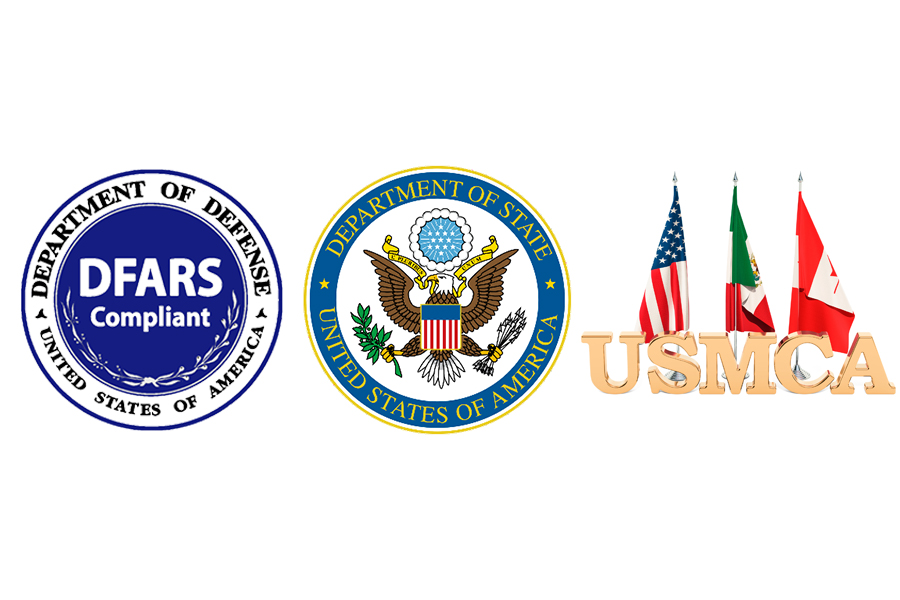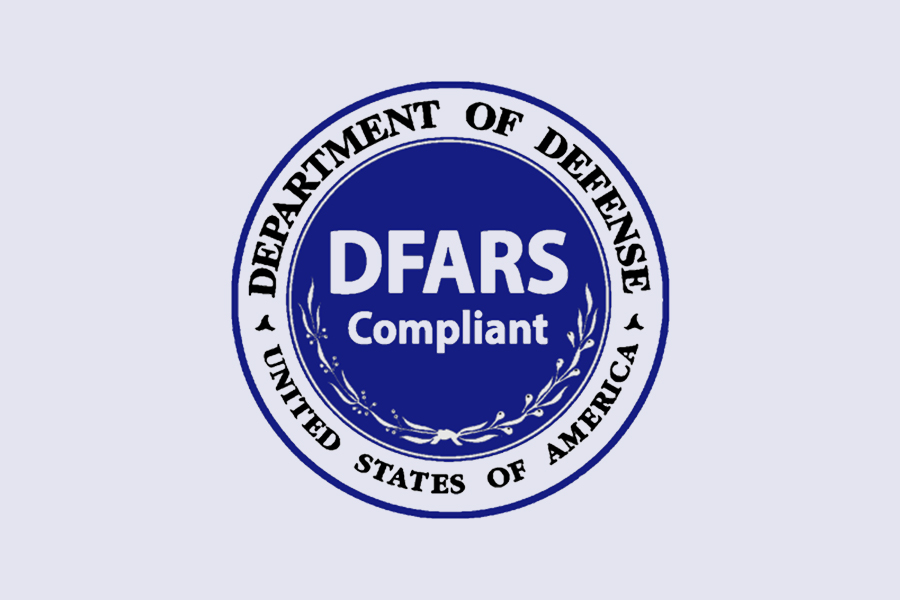What Is DFARS: Services And Materials
What is DFARS?
Defence Federal Acquisition Regulation Supplement is a set of guidelines for public procurement in the defence sector. It extends general Government procurement regulations. The supplement specifies product and service requirements that must be met by suppliers. Companies provide the government with equipment, technology and other services. The guidelines ensure that contracts remain fair and that taxpayer money is properly allocated.
This regulation ensures security and operational continuity. It establishes clear criteria for suppliers. It suits both small enterprises and large companies. The Defence Federal Acquisition Regulation Supplement upholds the integrity and fairness of public procurement.
Why is DFARS important?
DFARS provides a reliable framework for public procurement in the defence sector. It ensures that contracts remain fair and transparent. The regulations protect public funds through defined guidelines throughout the procurement process. Consequently, these measures act as a safeguard against errors and oversights.
They support national defence by requiring high standards. In one study, adherence to these guidelines reduced processing errors by 15%. Consequently, the procurement process remains predictable for both suppliers and government agencies.
Who is affected by DFARS?
Many individuals and companies are subject to DFARS. Government agencies must purchase defence products in accordance with these regulations. Contractors must comply with the requirements when acting as parts suppliers, technology providers or service providers. The regulations apply at nearly every stage of the procurement process.
Companies involved in military equipment, software or cyber security must meet these standards. Firms that handle sensitive, unclassified information are also required to comply. This accountability applies equally to small companies and large corporations. In summary, all participants in defence projects must adhere to these protocols.
Military Equipment
Items such as armoured vehicles, communication systems and aircraft parts fall within this category. Manufacturers must demonstrate that each component complies with the defined requirements. Recent evaluations have reduced operational risks by 15%. Consequently, the assessment procedures help decrease the probability of malfunction.
Technology and Cyber Security
In today’s environment, technology and cyber security support national defence. DFARS outlines guidelines for technical products and digital security measures. Technology providers must show that their products meet the defined security criteria. The regulations require detailed plans for the prevention of cyber threats.
Computer systems used for secure communications and the control of defence goods are covered by these guidelines. Companies must explain how they protect their networks from unauthorised access. Regular audits and system updates form part of this process. Given that these measures have reduced cyber security incidents by 15%, maintaining secure digital infrastructure remains achievable.
Controlled Unclassified Information (CUI)
Controlled Unclassified Information is a sensitive data category that is not fully classified but requires careful handling. DFARS provides clear instructions for managing such information. In several instances, improper management of CUI has led to issues. With defined rules, companies learn to secure and store data safely.
Practical measures include storing data with controlled access and implementing protocols for information exchange. Many companies now recognise the necessity of these procedures to avoid vulnerabilities. The guidelines simplify the management of sensitive data. When these rules are followed, information is transmitted securely and efficiently, thereby preserving operational integrity.
Conclusion
DFARS constitutes a precise framework for public procurement in the defence sector. Its protocols cover goods, services and materials. The regulations safeguard fairness, public funds and national interests. Suppliers and contractors must adjust their practices to meet these established standards. The supplement reduces risks associated with military equipment, technology and sensitive information. Further details can be found at Stanford Advanced Materials (SAM).
Frequently Asked Questions
F: Who must comply with the rules of the Defence Federal Acquisition Regulation Supplement?
F: Contractors, government agencies and all defence suppliers must comply with these rules.
F: What does DFARS regulate?
F: It regulates the purchase of military goods, services and materials according to defined protocols.
F: How does DFARS improve cyber security?
F: It sets requirements that ensure technology systems are secure and less vulnerable to cyber threats.

 Converters & Calculators
Converters & Calculators
 Chin Trento
Chin Trento



